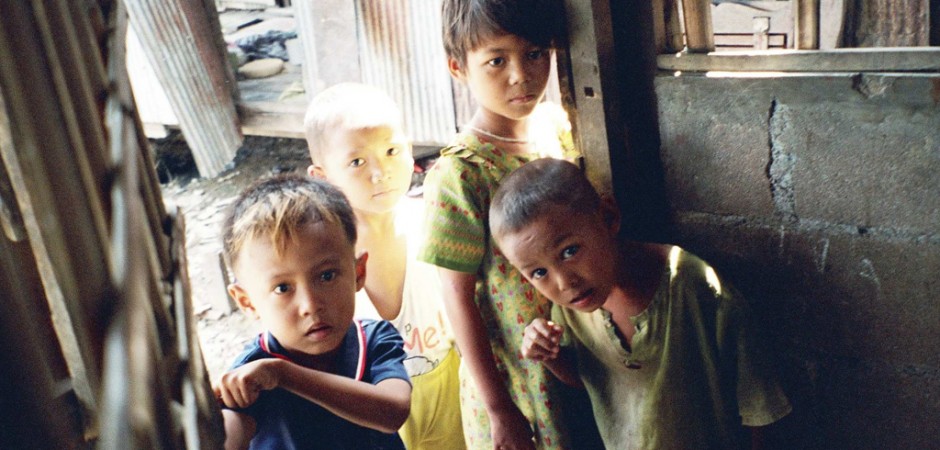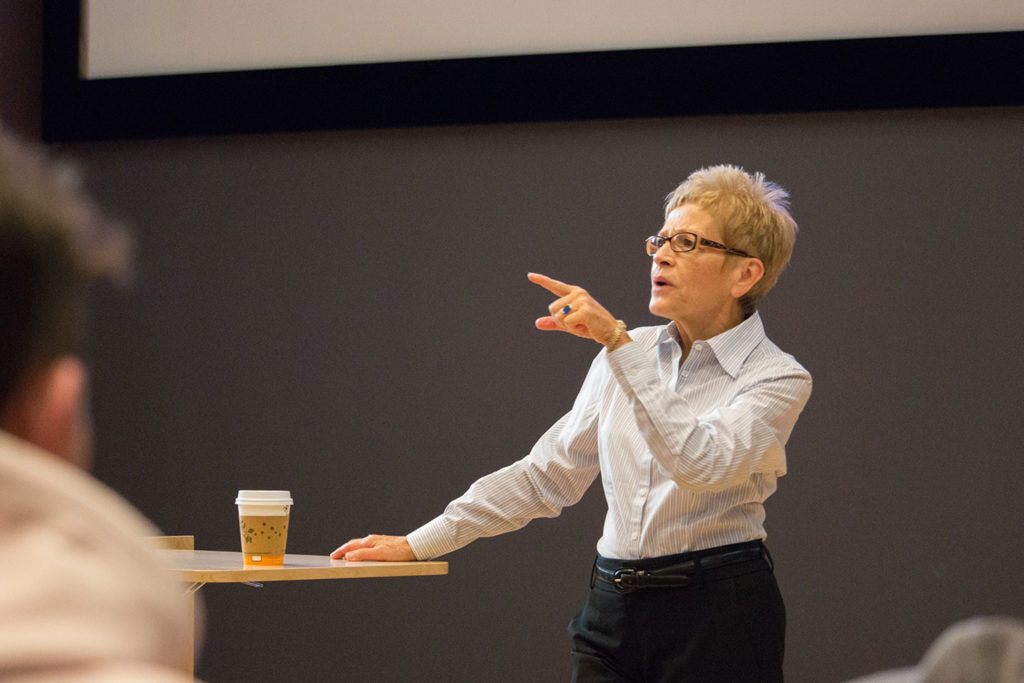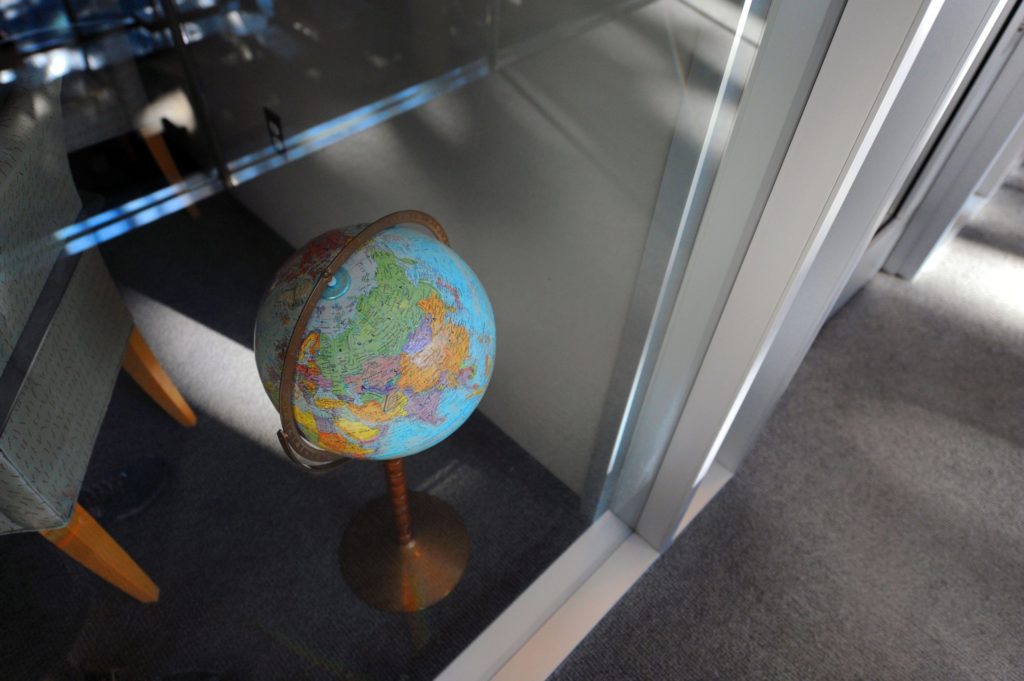 Six students from the University of North Carolina at Chapel Hill were selected as recipients of the 2018 Anne L. and S. Epes Robinson Honors Fellowship, which provides funding for students who propose a program of study wholly focused on some aspect of the history and culture of Europe and the Mediterranean from 5th century B.C.E. to 1920.
Six students from the University of North Carolina at Chapel Hill were selected as recipients of the 2018 Anne L. and S. Epes Robinson Honors Fellowship, which provides funding for students who propose a program of study wholly focused on some aspect of the history and culture of Europe and the Mediterranean from 5th century B.C.E. to 1920.
The Robinson Honors Fellowship was established in 2015 by a gift from UNC-Chapel Hill alumni Anne L. Robinson and S. Epes Robinson. Its purpose is to recognize and support undergraduate students at Carolina who possess extraordinary capability and imagination. The program provides up to $6,000 in funding for expenses for domestic or international learning experiences that explore art, literature, music, history, politics, economics, philosophy or religion Western Europe and the Mediterranean. The fellowship is open to all Carolina students who meet the eligibility criteria.
To be chosen as a Robinson Honors Fellow, an applicant must give convincing evidence of exceptional ability and promise through the application, recommendations and personal interview. The proposed fellowship experience should be one that will allow the recipients to study the humanities and the ideas that have molded Western society and form the foundation of Western culture.
John Daniel Bratcher ’19, from Beulaville, North Carolina, is double majoring in journalism and history with a minor in medieval and early modern studies. A graduate of James Sprint Community College, John will travel to Great Britain this summer to visit medieval and modern religious sites. He will examine their architecture as a means of communication and explore how these spaces shaped and were shaped by their communities.
Thomas Elliott ’19 is pursuing a double major in political science and contemporary European studies with a minor in visual communications. Originally from the Netherlands and having lived for several years in Brussels, this summer Thomas will study the constructed history of King Leopold II’s rule over what is today the Democratic Republic of the Congo. Thomas will focus on how Belgian citizens experienced and still experience their colonial pasts.
Nicholas Gigot ’20, from Chevy Chase, Maryland, is pursuing majors in economics and environmental studies with a minor in philosophy, politics and economics. Nicholas will travel to Germany to study sixteenth-century innovations in cartography and analyze their impacts on the theory and practice of geographic information science. Nicholas will research the lives and works of highly influential German cartographers and will culminate his project by juxtaposing their maps to 21st-century maps created with geographic information systems. He hopes his research will contextualize the significance of cartography in the Information Age.
Brodie Heginbotham ’19, from Edenton, North Carolina, is a religious studies major minoring in both advertising and ancient Greek. This summer, Brodie will be investigating the ideological and religious developments of the Camino de Santiago pilgrimages in Spain. The medieval Catholic pilgrimage routes recently attracted travelers from all religious and cultural backgrounds. By traveling on the routes, interviewing pilgrims and studying primary medieval literature, Brodie will seek to understand the development of these routes into a postmodern world and how the ideology of pilgrimage has shifted throughout the centuries.
Megan McCorkle ’19 is a history and political science major from Charlotte, North Carolina, with an interest in French revolutions. This summer, Megan will travel to Paris, France, to study the Paris Commune of 1871 and create a more vivid understanding of the people who fought in the barricades. Megan’s project will culminate in an interactive map that will use photographs and art to bring the Paris Commune to life.
Kate Warren ’19, lives in Chapel Hill, North Carolina, and is pursuing her degree in history. Kate will travel to Italy, France and England this summer to research the medieval culture of warfare and its representations of masculinity by immersing herself in the study of arms, armor and tournaments from 1000 to 1500. Kate hopes to not only draw conclusions about how the trappings of male nobility were perceived and what they represented, but to also examine how they supported and contributed to the concept of masculinity.




